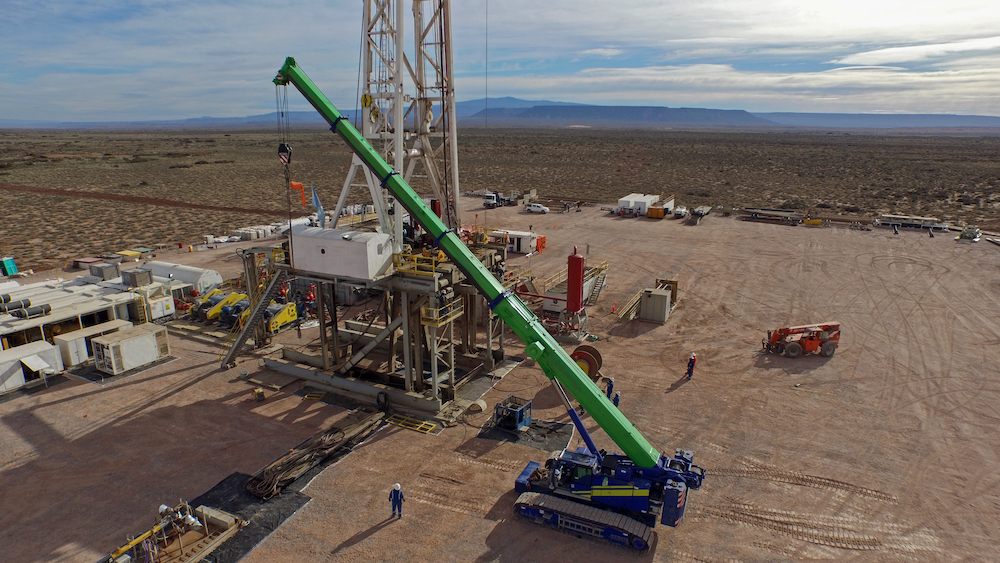Impaakt is a crowd-sourced platform that relies on collective intelligence to produce high-quality impact analyses and scores. Each week, the Impaakt reviewing team selects and votes for the best analysis chosen from 500 submissions from its crowdsourcing community from all over the world. This week’s analysis:
Company: Goldman Sachs
Sustainable Development Goal No. 13: Climate Action
Written by: Jennifer Tapia Boada
Since 1850, the global temperature rose roughly 1.1 degrees celsius. Along with the rising rate of CO2 emissions, the sea level has risen about 21–24 cm since 1880, increasing coastal flood risk. In 2019, global CO2 emissions reached 36.42 billion tonnes, 90% from fossil fuels. The same year, the global sea level was 87.6 mm above the 1993 average, the highest so far.
Projections on fossil fuel production may lead to the emission of 39 billion t-CO2 by 2030. Consequently, the world needs to stop financing fossil fuel extraction, in line with the 2015 Paris Agreement. Still, bank-funding for fossil fuels rose from $639 billion in 2016 to $735 billion in 2019: by $96 billion. At current rates, fossil financing will hit $1 trillion per year by 2030.
Goldman Sachs (GS) is among 35 banks that financed 2,100 fossil fuels companies with $2.7 trillion in the four years after the Paris Agreement. GS ranks 14/35, pouring in $83.7 billion since 2016. The 35 banks were scored for their fossil fuel policies; the best scores are led by European banks. GS is only in 12th place, yet it is the leading US bank.
On Dec. 2019, GS revised its Environmental Policy (EPF) and decided to stop financing new oil exploration in the Arctic, new thermal coal mines, and to put conditions to funding coal-fired power plants, being the first US bank to adopt such decisions. However, the revised EPF does not end the financing of fracking. Albeit not yet a leader among global banks, its EPF is deemed the strongest among the big six US banks.
A 2020 report found banks have financed the US fracking industry with $224 billion since 2016, despite its climate impacts. GS is 6th among the top 15 banks, pouring in $11.6 billion, 5.2% of the total fracking financing.
Having financed fossil fuels with $83.7 billion in 4 years, Goldman Sachs is largely contributing to rising sea levels through fossil fuels’ emissions. Goldman Sachs needs to strengthen its fossil fuel policy and further restrict fracking projects.
Sign-in or sign-up to the Impaakt and make your ratings about the impact described on the planet and society. This post was originally published on Impaakt.











